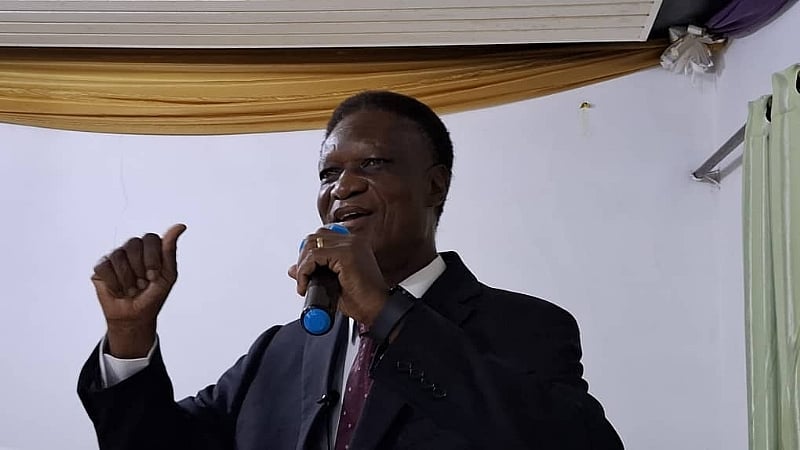The Industrial and Commercial Workers’ Union (ICU) of Ghana has raised a red flag concerning the governance practices within the country’s Rural and Community Banks, particularly highlighting the overreach of board chairmen in operational matters. Mr. Morgan Ayawine, the General Secretary of the ICU, voiced these concerns at the Union’s Upper West Regional Conference held in Wa in April 2025. He argued that the increasing interference of board chairmen in daily management activities, including issuing queries, terminations, and dismissals, represents a significant departure from established corporate governance principles and poses a serious threat to effective administration and harmonious labor relations. This encroachment, he emphasized, blurs the lines between governance and management, leading to confusion and undermining the established roles and responsibilities within these financial institutions.
Mr. Ayawine underscored the distinct roles of the Board of Directors and Management. The Board’s primary function is to formulate overarching policies and provide strategic direction. Management, on the other hand, is responsible for executing these policies and managing the day-to-day operations of the bank. This includes handling personnel matters such as recruitment, discipline, training, and engaging in collective bargaining with employees. When board members step into the operational realm, it creates an environment of ambiguity, undermines the authority of management, and disrupts the delicate balance of industrial harmony. This interference also erodes the trust and confidence in the governance structures of the banks, a critical element for their stability and long-term success.
The ICU General Secretary stressed the detrimental consequences of this blurring of roles, highlighting how it disrupts the established processes for handling employee matters. By issuing queries and termination letters, board chairmen effectively bypass the established human resource procedures and undermine the authority of management. This can lead to inconsistencies in the application of disciplinary actions, erode employee morale, and foster an environment of mistrust and uncertainty. The interference also creates a conflict of interest as the board, which is responsible for overseeing management, also directly intervenes in the management of employees, creating a potentially biased and unfair system.
Mr. Ayawine urged for immediate reforms to address this critical issue and realign the governance structure of Rural and Community Banks with the accepted corporate governance principles practiced in Ghana. He stressed the need for a clear delineation of responsibilities between the Board and Management to ensure accountability, transparency, and the smooth functioning of these vital financial institutions. He called for strengthening the capacity of both board members and management on corporate governance principles and best practices to ensure they understand their respective roles and responsibilities. This includes training on labor laws, human resource management, and conflict resolution to promote fair and equitable treatment of employees.
Beyond the specific issue of governance, Mr. Ayawine also addressed the broader theme of the conference, urging the Regional Council to formulate enduring resolutions on pressing socio-economic challenges. He emphasized the importance of active participation from delegates in deliberations and decision-making, highlighting the significance of the conference as a precursor to the Union’s 12th Quadrennial Delegates’ Conference. He encouraged delegates to engage in robust discussions and formulate impactful resolutions that reflect the needs and aspirations of the workers they represent. This, he emphasized, would contribute to the overall strengthening of the Union and its ability to effectively advocate for the rights and welfare of its members.
Finally, the ICU General Secretary emphasized the vital importance of maintaining healthy union-management relations based on mutual respect and cooperation. He reiterated the inherently democratic nature of businesses, stressing that both capital and labor are indispensable for success. He argued that neither capital nor labor can thrive in isolation. True prosperity, he noted, arises from a balanced partnership where both parties contribute their unique strengths to achieve shared goals. He reaffirmed the ICU’s commitment to advocating for workers’ rights, promoting strong industrial relations, and fostering an environment conducive to national development. He also highlighted the importance of dialogue and collaboration between employers and employees in addressing workplace challenges and building a harmonious and productive work environment.














